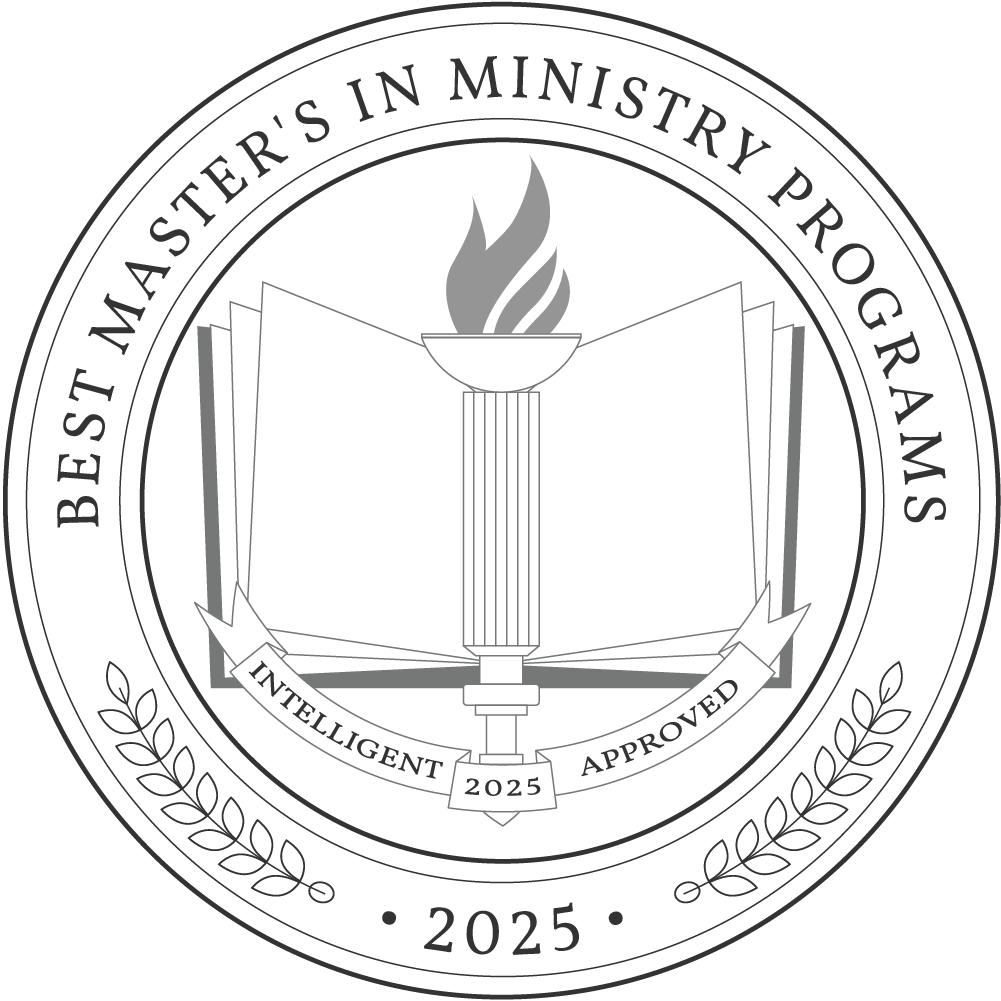A master’s degree in ministry prepares students to work in church ministry as worship leaders, youth ministers, or clergy members. It incorporates theological studies and church leadership into a people-oriented career, allowing graduates to hone communication skills and share their talents with the larger community.
In 2023, tuition and fees for a master’s degree in ministry cost an average of $20,513. After graduating, students go on to earn an average median wage of $45,050 as religious workers. If they pursue ordination, they can earn an average pay of $58.920.
Why Trust Us
The Intelligent.com Higher Education Team is dedicated to providing students with independent, equitable school and program rankings and well-researched resources. Our expert-driven articles cover topics related to online colleges and programs, paying for school, and career outlooks. We use data from the U.S. Department of Education’s College Scorecard, the National Center for Education Statistics, and other reputable educational and professional organizations. Our academic advisory team reviews content and verifies accuracy throughout the year for the most current information. Partnerships do not influence rankings or editorial decisions.
- Analyzed over 2,000 national, accredited, and nonprofit colleges and universities
- 800+ rankings pages are reviewed and updated yearly
- Content is informed by reputable sources, surveys, and interviews with academic advisors and other experts
- Over 100 data points are reviewed for accuracy and quality throughout the year, including sources
How we rank schools
Our list features the best Master’s in Ministry degree programs at top colleges nationwide. Each school featured is a nonprofit, accredited institution — either public or private — with a high standard of academic quality for post-secondary institutions.
We evaluated each school’s program on tuition costs, admission, retention and graduation rates, faculty, reputation, and the student resources provided for online students. We collected data from trusted sources like the National Center for Education Statistics, individual school and program websites, school admissions counselors, and other data sources. Then, we calculated the Intelligent Score on a scale of 0 to 100 based on the following criterion:
Academic Quality:
- Admission rate versus enrollment rate
- Retention rate of students who return after year one
- Accreditation status (regional and programmatic)
- Nonprofit status, both private and public institutions
Graduation Rate
- Overall graduation rate
- Total number of currently enrolled students, including diversity metrics
- Student-to-faculty ratio
Cost and ROI
- In-state and out-of-state per-credit tuition rates and fees
- Required credits to graduate
- Earning potential after graduation
- Availability of federal student loans, scholarships, and other financial aid options
Student Resources
- Available student services for online-only and hybrid programs
- On-campus amenities like tutoring centers and the number of libraries
Read more about our ranking methodology.
Best 18 Accredited Master’s in Ministry Degree Programs
FiltersInstitution Type
Status
- Intelligent Score
- Alphabetically By University Name
- Acceptance Rate
- Enrollment
- In-state Graduate Tuition
- Out-of-state Graduate Tuition
- In-state Undergraduate Tuition
- Out-of-state Undergraduate Tuition
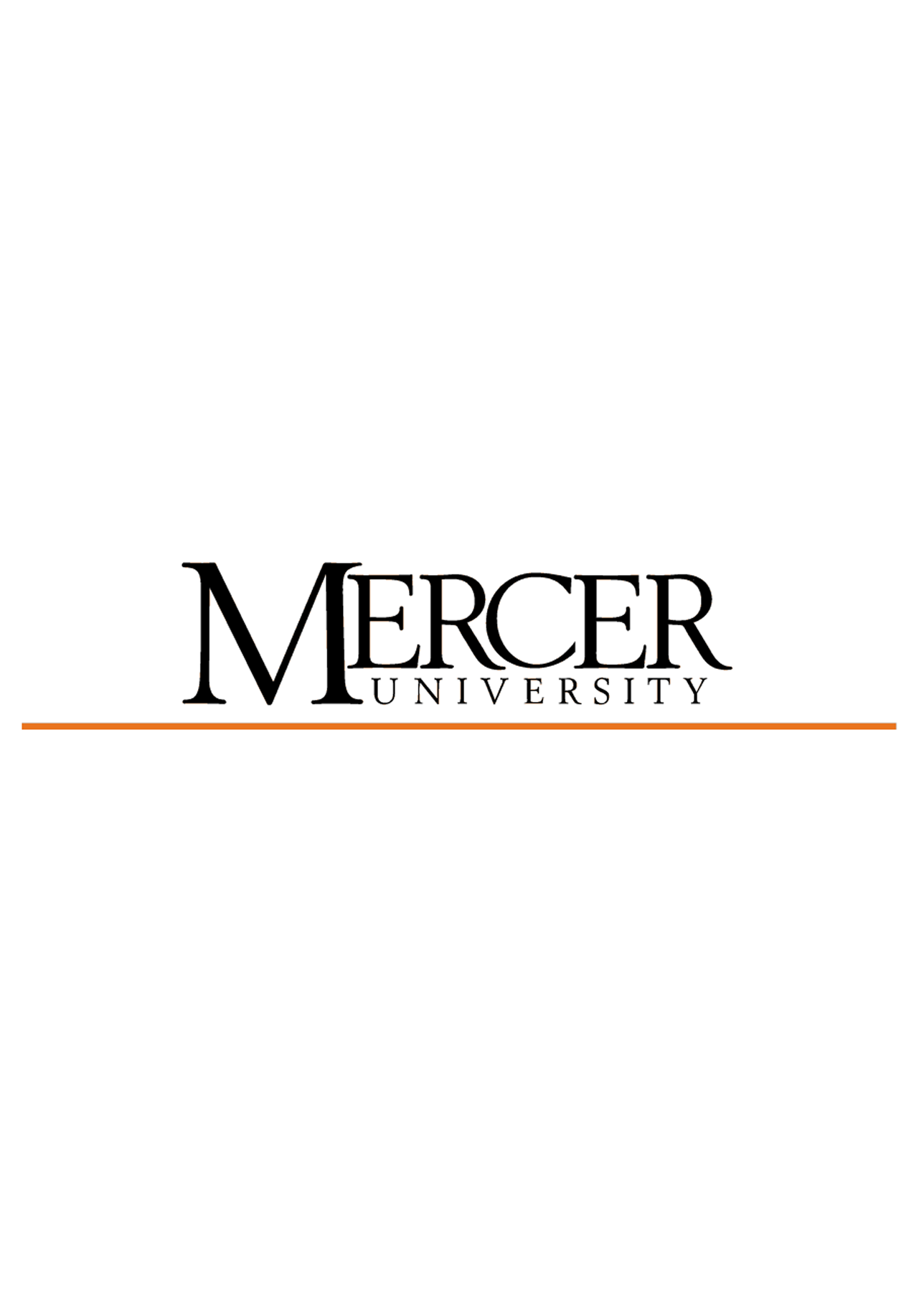
Mercer University
Intelligent Score: 98.36In-state: $28,695
Out-of-state: $28,695
In-state: $14,964
Out-of-state: $14,964
SAT: 1180-1340
ACT: 25-31
$525
On-Campus, Online
Association of Theological Schools
38
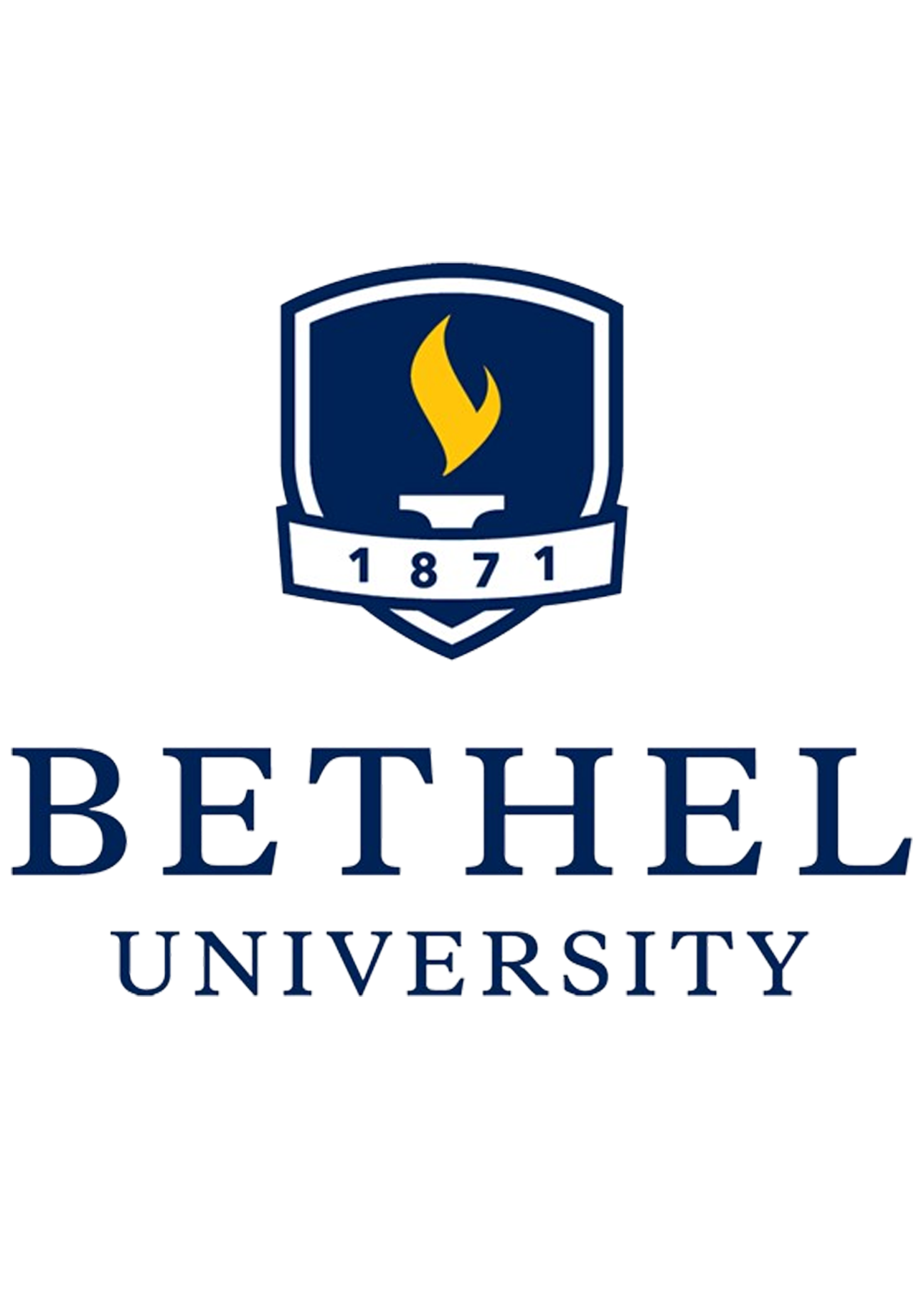
Bethel University
Intelligent Score: 95.33In-state: $38,870
Out-of-state: $38,870
In-state: $11,700
Out-of-state: $11,700
SAT: 1040-1338
ACT: 21-28
$528
On-Campus, Online
Association of Theological Schools
52
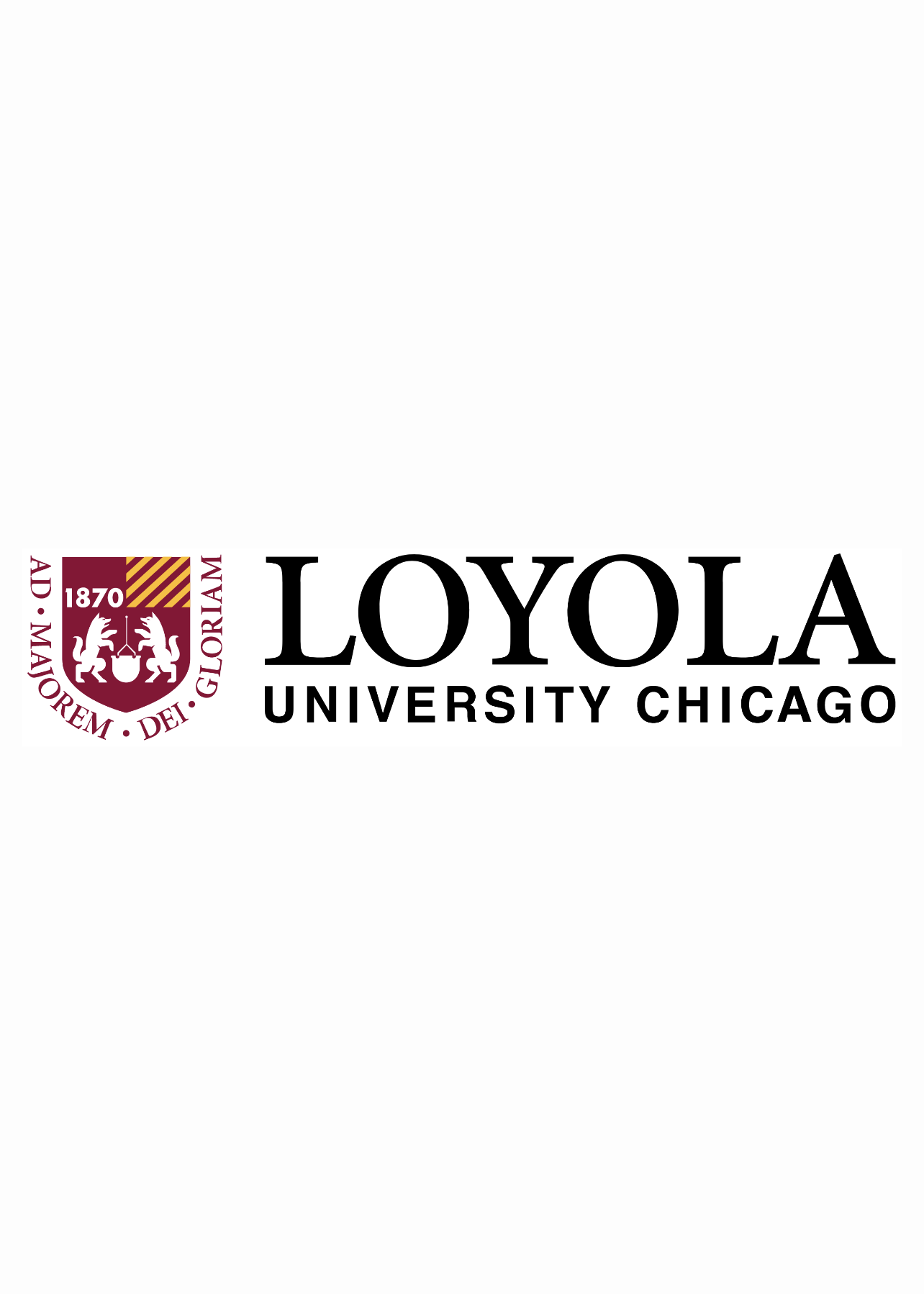
Loyola University Chicago
Intelligent Score: 92.68In-state: $67,818
Out-of-state: $67,818
In-state: $97,480
Out-of-state: $97,480
SAT: 1190-1370
ACT: 27-32
$850
On-Campus, Online
Higher Learning Commission
36
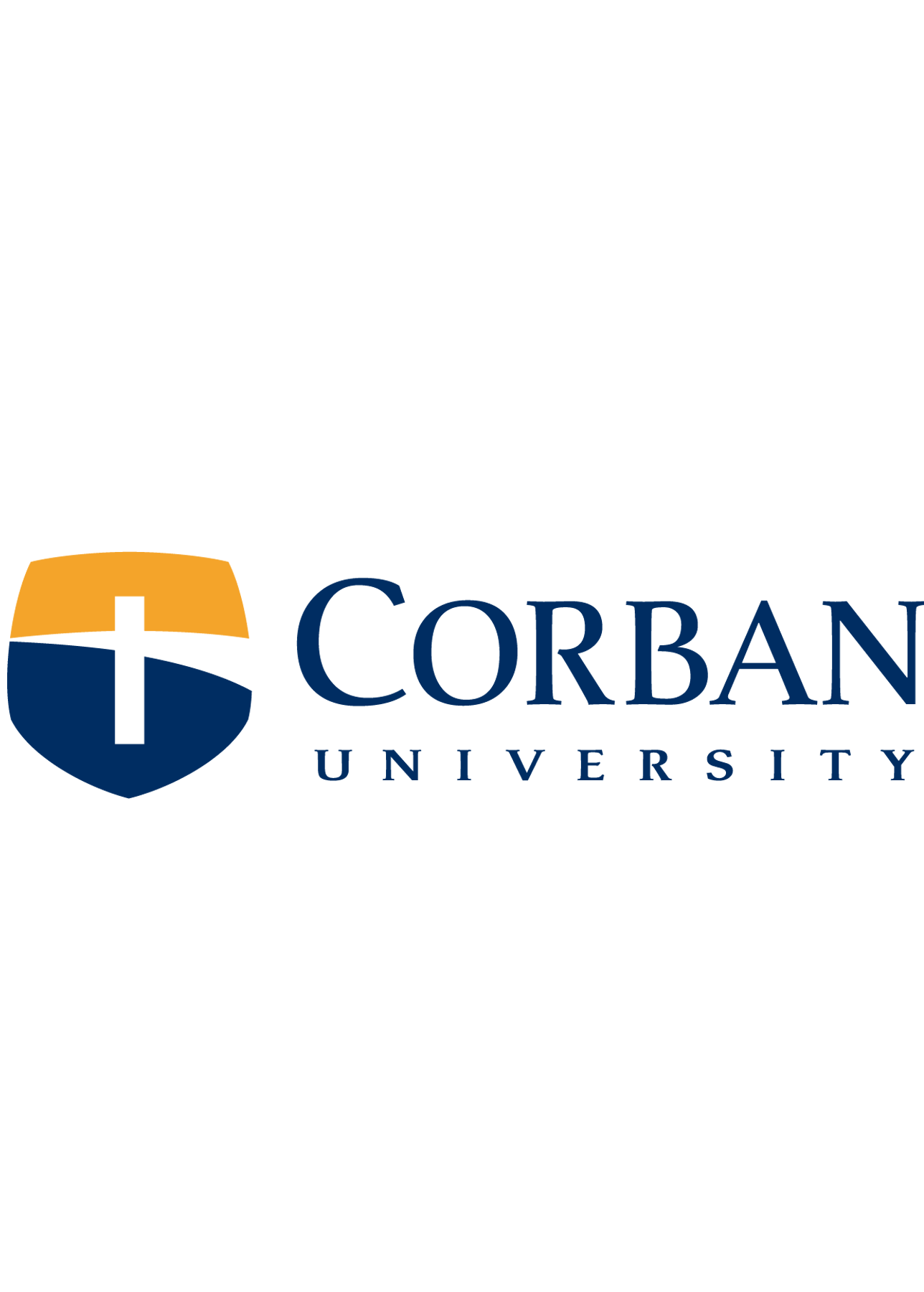
Corban University
Intelligent Score: 92.59In-state: $33,190
Out-of-state: $33,190
In-state: $9,730
Out-of-state: $9,730
SAT: 975-1185
ACT: 17-24
$510
Online, Hybrid
Northwest Commission on Colleges and Universities
72
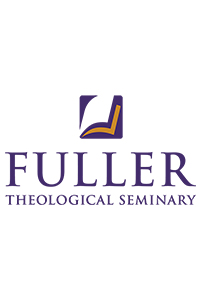
Fuller Theological Seminary
Intelligent Score: 92.03In-state: NA
Out-of-state: NA
In-state: $59,288
Out-of-state: $59,288
SAT: 1235
ACT: 27
$493
On-Campus, Online, Hybrid
Association of Theological Schools
48

Midwestern Baptist Theological Seminary
Intelligent Score: 91.53In-state: $21,210
Out-of-state: $23,850
In-state: $17,550
Out-of-state: $17,550
SAT: 1030-1200
ACT: 20-24
SBC Member: $295 Non-SBC: $485
On-Campus
Association of Theological Schools
61

Southern Baptist Theological Seminary
Intelligent Score: 90.27In-state: $22,650
Out-of-state: $22,650
In-state: $6,530
Out-of-state: $6,530
SAT: 1020-1210
ACT: 20-25
$298
On-Campus, Online
Association of Theological Schools
60

Grace School of Theology
Intelligent Score: 89.82In-state: $42,480
Out-of-state: $42,480
In-state: $33,100
Out-of-state: $33,100
SAT: 990-1220
ACT: 19-27
$260
On-Campus
Association of Theological Schools
36

Asbury Theological Seminary
Intelligent Score: 88.43In-state: NA
Out-of-state: NA
In-state: $31,092
Out-of-state: $31,092
SAT: Not Required
ACT: Not Required
$712
On-Campus, Online
Association of Theological Schools
48

Emmanuel Christian Seminary at Milligan
Intelligent Score: 86.35In-state: NA
Out-of-state: NA
In-state: $41,950
Out-of-state: $41,950
SAT: Not Applicable
ACT: Not Applicable
$500
Hybrid
Southern Association of Colleges and Schools Commission on Colleges
48

Southeastern University
Intelligent Score: 86.24In-state: $26,520
Out-of-state: $26,520
In-state: $13,365
Out-of-state: $13,365
SAT: 960-1170
ACT: 19-24
$545 - $575
On-Campus, Online
Southern Association of Colleges and Schools Commission on Colleges
36
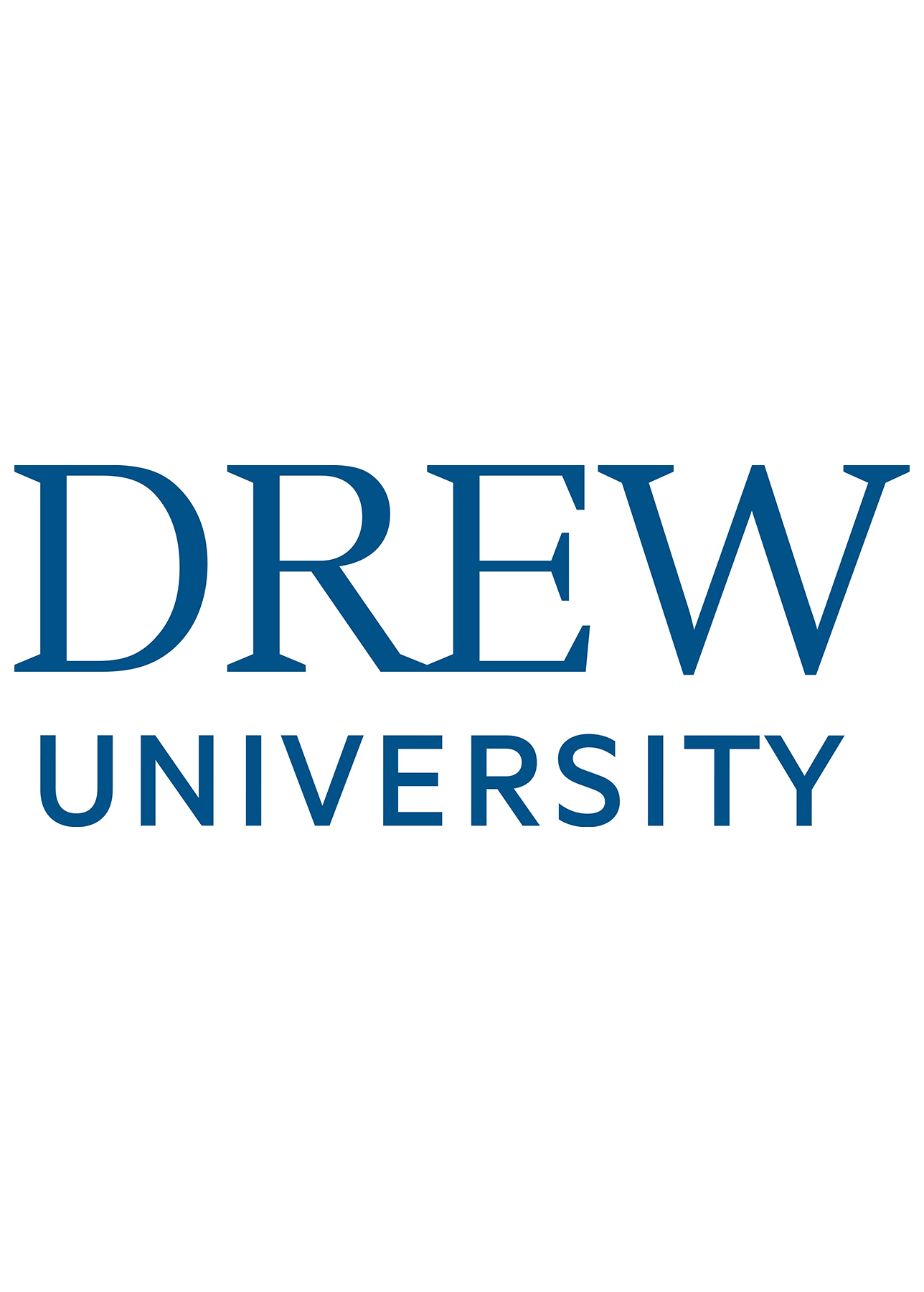
Drew University
Intelligent Score: 85.37In-state: $39,828
Out-of-state: $39,828
In-state: $18,871
Out-of-state: $18,871
SAT: N/A
ACT: N/A
$1,392
Hybrid
Association of Theological Schools
42
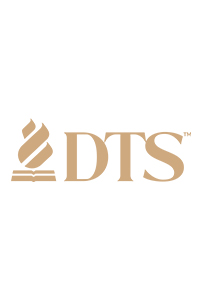
Dallas Theological Seminary
Intelligent Score: 84.44In-state: NA
Out-of-state: NA
In-state: $18,934
Out-of-state: $18,934
SAT: Not Required
ACT: Not Required
$680
On-Campus, Online
Association of Theological Schools
79

Freed-Hardeman University
Intelligent Score: 83.89In-state: $22,950
Out-of-state: $22,950
In-state: $10,980
Out-of-state: $10,980
SAT: 1010-1270
ACT: 21-27
$655
On-Campus
Southern Association of Colleges and Schools Commission on Colleges
48

Luther Seminary
Intelligent Score: 82.95In-state: $38,230
Out-of-state: $38,230
In-state: $48,230
Out-of-state: $48,230
SAT: N/A
ACT: N/A
$781 - $892
On-Campus
Association of Theological Schools
42-48
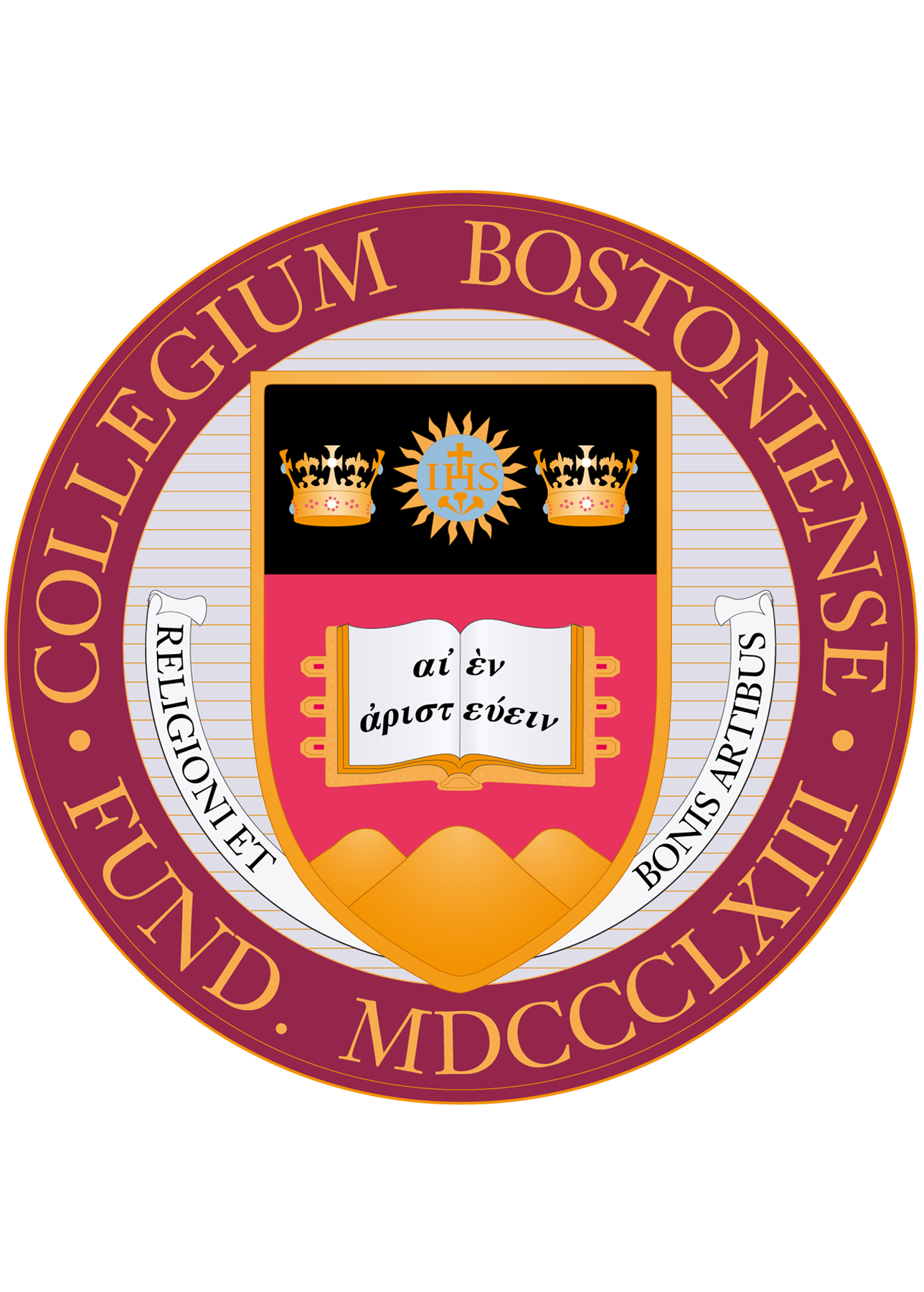
Boston College
Intelligent Score: 82.13In-state: $59,050
Out-of-state: $59,050
In-state: $31,824
Out-of-state: $31,824
SAT: 1330-1500
ACT: 31-34
$1,318
On-Campus, Hybrid
Association of Theological Schools
36-48

Moody Bible Institute
Intelligent Score: 81.98In-state: $34,222
Out-of-state: $34,222
In-state: $26,870
Out-of-state: $26,870
SAT: 1020–1150
ACT: 17–23
$519
On-Campus, Online
Association of Theological Schools
33-72
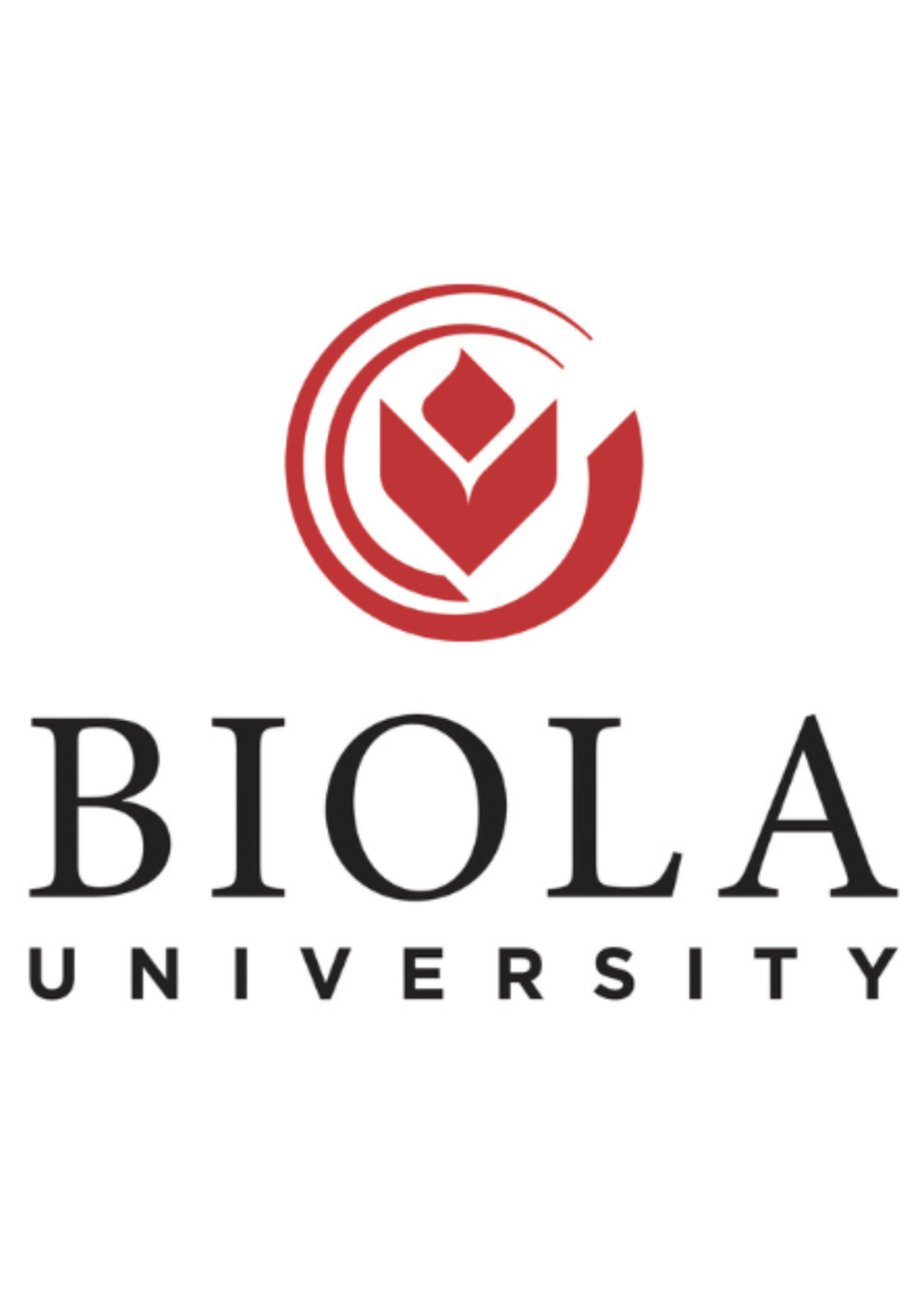
Biola University
Intelligent Score: 80.76In-state: $43,512
Out-of-state: $43,512
In-state: $11,772
Out-of-state: $11,772
SAT: 1070-1290
ACT: 22-29
$704
Hybrid
Association of Theological Schools
49-58
How to Choose a Master’s in Ministry Degree Program
Choose your area of study
A Master of Ministry degree, also known as an MMin, is a postgraduate program for students seeking leadership positions in a church setting. Similar to a Master of Divinity (MDiv), it can serve as a step toward becoming ordained in one’s church denomination. Most students who earn master’s degrees in ministry direct their studies toward a career in church leadership or an academic study of Christian theology.
Common master’s degrees in ministry for people who want to become clergy leaders include a Master of Ministry, a Master of Arts in pastoral studies, and a Master of Arts in Christian ministry. These graduates often become ordained pastors or priests in their church community. Students who want to become youth pastors can also earn a Master of Arts in young adult ministry.
For students seeking scholarly careers, a Master of Practical Theology degree offers similar coursework to MMin programs that emphasize academic study. Religious professors or secondary school teachers often earn this degree to enhance their understanding of scripture and Christian theology.
Research schools and programs
When choosing your future ministry school, ensure your list includes accredited institutions and ministry programs. Institutional accreditation agencies, such as the Higher Learning Commission (HLC), give accreditation to schools that meet their rigorous academic standards. Also, faith-related accreditation agencies like the Association for Biblical Higher Education (ABHE) and the Association of Theological Schools (ATS) ensure that colleges adequately prepare students for religious careers.
If you need on-campus housing during your master’s program, consider schools with desirable living situations, such as graduate housing or lower room and board costs. Choose a school in a town you’ll enjoy living in for the next few years. If possible, tour your school to learn more about the ministry degree program and see if it aligns with your religious values.
Prepare for tests and applications
While many Master of Ministry programs don’t require standardized test scores for admission, consider taking the Graduate Record Examination (GRE) to set yourself apart from your fellow applicants.
You’ll find specific application requirements on your school’s website. Additional application materials may include:
- An application letter
- Letters of recommendation from professors or employers
- Sealed transcripts from previous degrees
Compile your application packet well before your program application deadline, which should be on your program’s website. Contact your school’s admissions office or a program representative for more details about early admissions or other requirements.
Select your program
Colleges typically offer ministry degree programs through seminaries, schools of divinity, or schools of Biblical studies. Talk to graduates and professors from your desired program to see if it’s a good fit for you and learn more about the school where you’ll spend most of your time completing coursework. Visit churches where graduates from your school have become pastors or priests, and read works written by professors in your degree program.
Determine how you’ll pay for your degree
Begin researching financial aid with the Free Application for Federal Student Aid (FAFSA). Filling out the FAFSA lets you see how much assistance you qualify for, allowing you to decide on school choice and additional sources of assistance. Your school’s financial aid office can help you understand your options, which may include scholarships, grants, and employer tuition assistance, and can answer any other financial questions about the cost of your postgraduate ministry degree program.
What Can You Expect From a Master’s in Ministry Degree Program?
A ministry degree program incorporates the fundamentals of a Bible-based education with essential elements of leadership, both inside and outside the church. It may involve research-based projects, cohort discussion groups, and ministry internships to prepare students for pastoral roles in their communities.
Potential courses you’ll take in a ministry degree program
- Practical Theology. Students make theological connections between Christian literature and the present-day community around them. They research the Old and New Testaments and explore historical foundations for modern Christian worship practices.
- Pastoral Ministry. Through the lens of scripture and with the help of Christian mentors, students develop a ministry philosophy. They apply their developing leadership skills and hermeneutical understanding to a pastoral role in their church, college, or greater community.
- Strategic Planning for Ministry. This course combines business skills with church leadership. Students incorporate scripture and secular strategies into their vision of church leadership, including their relationships with other clergy members or pastoral teams.
- Communication and Engagement. A communication and engagement course teaches ministry degree students how to communicate in many different contexts, including public speaking, small group discussions, and one-on-one conversations. It highlights the importance of active listening in the pastoral role.
Ministry Degree Frequently Asked Questions
How do I apply to a master's in ministry degree program?
Visit your degree program’s website for its specific application requirements. You’ll find submission deadlines and a list of necessary materials, including test scores or minimum GPA, prerequisites, transcripts, required application packet materials, and instructions for submission.
Contact the school’s admissions office for more information about your ministry degree program’s application requirements. They can guide you through the process and ensure you’ve submitted all essential parts of your application.
How much does a master's in ministry degree cost?
In 2023, the average cost of a master’s degree in ministry was $20,513. That amount covers the tuition and fees of a postgraduate degree but doesn’t include other expenses, such as housing, transportation, and educational materials. When considering applying or accepting admission into a ministry degree program, factor these budget items into your costs.
How long does it take to earn a master's in ministry degree?
Most ministry degree master’s programs require 30 to 60 credit hours. A typical postgraduate course provides students with three to four credit hours, making it possible to complete a master’s degree in ministry in eight to 15 courses, depending on the program.
Taking a schedule of 15 to 30 units (around five to 10 courses) per year, a full-time student can expect to complete their master’s degree in two years. Part-time students often take fewer classes per year — closer to three to seven courses—making their completion take longer. Accelerated programs offer students the chance to earn their master’s degree in less than one year, but the increased coursework may make it challenging to complete their classes in time for graduation.
